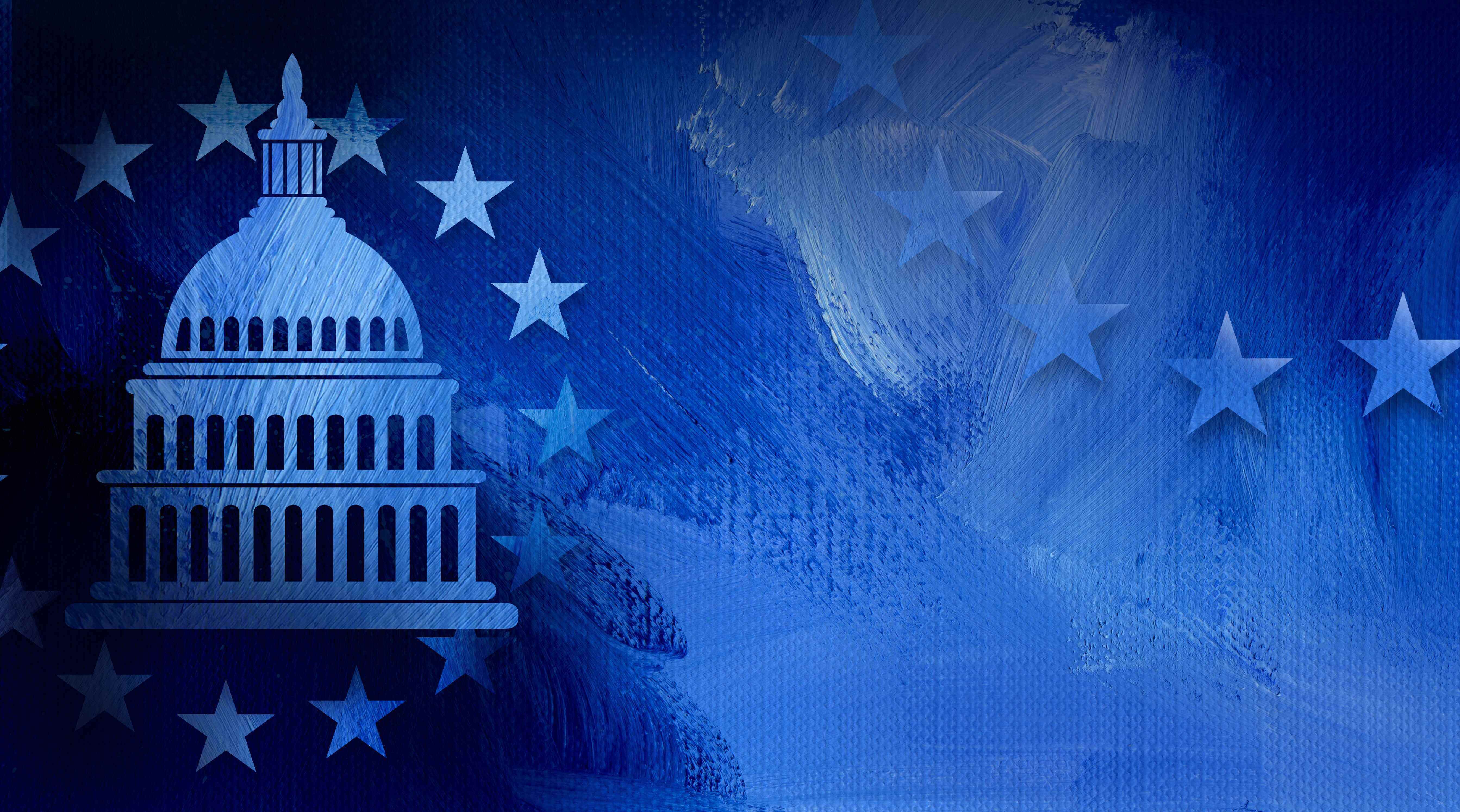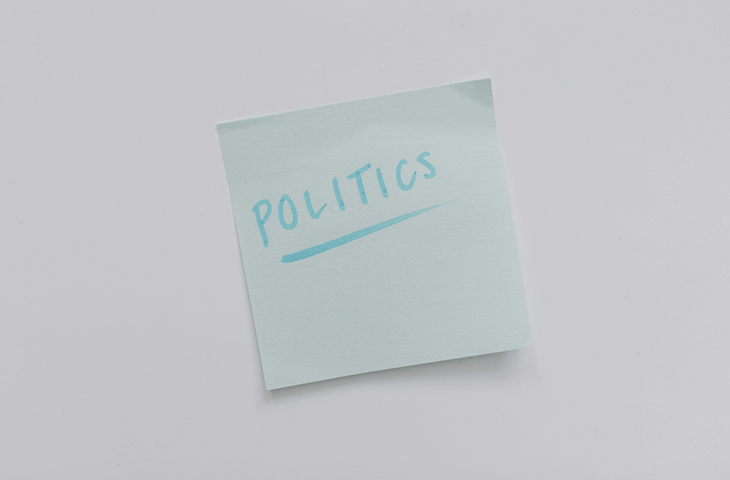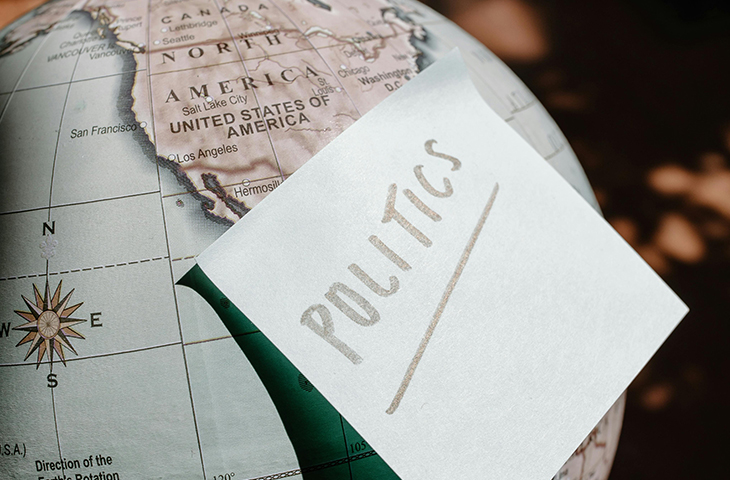Trump And Xi Are Locked In A Standoff Over Direct Trade Negotiations

President Donald Trump says he expects a deal over skyrocketing tariffs with Beijing “over the next three or four weeks.”
But that’s looking increasingly unlikely.
He’s insisting on one-on-one talks with China’s leader, Xi Jinping — and this has stifled other diplomatic efforts to halt the worsening trade war between the two global powers.
The president won’t authorize White House delegates to engage with Chinese officials in Beijing about a detente, according to two former senior State Department officials and an industry official, who were granted anonymity to discuss sensitive ongoing discussions. The Senate has yet to confirm an ambassador to China; Trump has not appointed anyone else to lead talks with Beijing; and the White House isn’t reaching out to the Chinese embassy to begin discussions.
The absence of any substantial outreach has frozen meaningful communications between the two countries and threatened the likelihood of a near-term solution.
“The backchannels don’t work because President Trump doesn’t want them to,” said Ryan Hass, former director for China, Taiwan and Mongolia at the National Security Council during the Obama administration. “Trump wants to deal directly with President Xi in the same way he has with President Putin. I don’t think he’s particularly interested in outsourcing the transmission of his views to others.”
Trump has repeatedly stated his interest in talking to or meeting with Xi to ease trade tensions. But the Chinese leader has appeared to resist those overtures. Instead, Xi focused this week on rallying Southeast Asian countries to strengthen their relationship with China in opposition to U.S. tariffs. This apparent deadlock irks the White House.
“President Trump has made it clear the ball is in China’s court,” said White House press secretary Karoline Leavitt.
But a conversation between leaders isn’t the only way to reach a deal. Informal White House envoys trusted by both Washington and Beijing could set the groundwork. Their unofficial status would grant the officials a degree of flexibility and candor in negotiations with Chinese authorities that might help speed up trade talks when higher-level officials do meet.
And there’s no shortage of candidates who could play that role with Beijing.
“There are many backchannels, including from our business community and former U.S. and Chinese officials,” said Wendy Cutler, a former senior U.S. trade negotiator.
The White House said its officials are in close contact with authorities in Beijing but didn’t say whether backchannel diplomacy is part of its strategy.
“If the theory is that the White House is stifling discussions, it's just inaccurate,” said national security council spokesperson Brian Hughes. “There are various contacts at staff and senior staff level that continue, and we, as the president has said, welcome discussions” with Chinese authorities, he added.
Beijing is likely leery of giving in to Trump’s demands for a conversation with Xi because the Chinese leader could lose the upper hand — particularly if Trump turns the meeting into a public spectacle.
“The Chinese bureaucracy will never allow their president to be put in the position where he is surprised or humiliated,” said Hass. “After the incident with [Ukrainian President Volodymyr] Zelenskyy, they’re highly alert to the risk that Xi could be humiliated, undercut or be part of a deal that falls apart on the world stage.”
The Chinese government instead wants an administration “point person” who can begin talks on ending the tariff war, Bloomberg reported Wednesday. That same day, Beijing appointed Li Chenggang, a former assistant commerce minister, as China’s new international trade representative.
The appointment may signal Beijing is waiting for Trump to deploy his own envoy. “The lack of a credible official channel is the major reason why the phone call Trump is seeking [with Xi] has not happened,” said Daniel Russel, former assistant secretary of State for East Asian and Pacific Affairs.
John Thornton, a former Goldman Sachs president and the current executive chair of mining company Barrick Gold Corp, has volunteered to engage with Beijing, said a person familiar with the offer.
Thornton has a track record of access to senior Chinese officials, including Foreign Minister Wang Yi. But the White House has shown no signs of interest, the person said. Thornton declined to comment.
Stephen Orlins, president of the Beijing-friendly nonprofit National Committee on U.S.-China Relations and member of a U.S. business delegation that met with Xi last month, is on standby if the White House reaches out. “I would be happy to help,” he said.
Sen. Steve Daines (R-Mont.) met with Chinese Premier Li Qiang in Beijing last month, but it’s unclear if he did so at Trump’s request. That meeting — which occurred prior to Trump’s rollout of his expansive “Liberation Day” tariffs — focused on China’s role in the U.S. opioid overdose epidemic rather than trade frictions. Daines did not respond to a request for comment.
The White House ignored outreach in February by China’s former ambassador to the U.S., Cui Tiankai, who was part of an unofficial Chinese delegation seeking inroads with the Trump administration.
“Cui tried to find an interlocutor but there were none willing to engage in either New York or D.C.,” said the person familiar with Thornton’s outreach.
Trump is also restricting access to lawmakers who want to talk about the trade war with Beijing. Numerous China hawks on Capitol Hill have unsuccessfully requested meetings with Trump, said two congressional staffers familiar with those conversations.
Any successful talks would require Chinese leaders’ confidence that their U.S. counterparts are speaking on behalf of the administration. Efforts by several American business executives to engage with Chinese officials in recent months have met with skepticism in Beijing, said the industry official.
“I was in Beijing recently and the Chinese clearly want a front channel, not a back channel,” said Russel. “They are understandably skeptical of the various people purporting to speak for or interpret Trump.
But the economic toll of reciprocal tariffs might be the spark needed to reignite the discussion.
“It reminds me of dating — things break down and it’s like ‘Who’s going to call who?’” said Cutler. “But this is a process — we need to give it time,” she said.
Megan Messerly contributed to this report.


